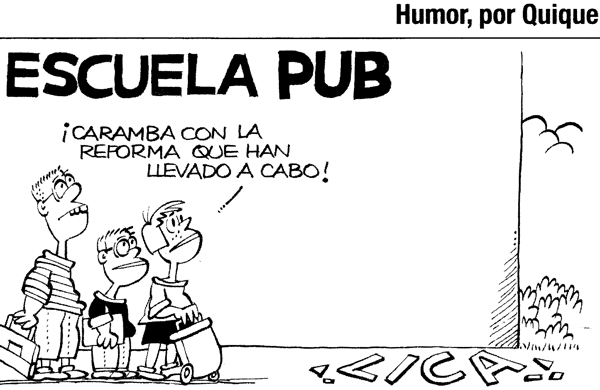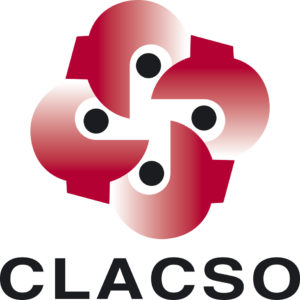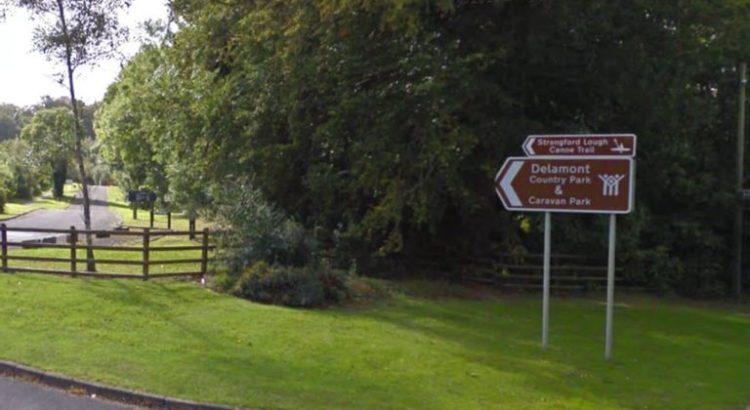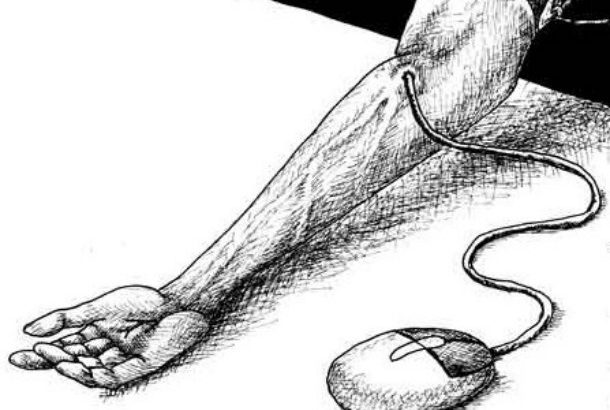Estados Unidos/01 de Mayo de 2017/El Nuevo Día
Clases en internet, pero ningún título ¿Es ese el futuro de las universidades?
Nuevas empresas educativas en Estados Unidos están ofreciendo alternativas a la educación tradicional de cuatro años, pero muchos expertos llaman a la cautela.
Los costos de la enseñanza universitaria siguen subiendo en Estados Unidos y cada vez hay más cursos gratis disponibles en internet. Incluso, algunos observadores están comenzando a cuestionar la necesidad de una educación universitaria tradicional. Dicen que lleva a una enorme deuda estudiantil y ofrece a los estudiantes conocimientos mayormente teóricos.
Ahora las llamadas ‘startups’ ofrecen una serie de alternativas, como programas acelerados, programas de uno o dos años y cursos acreditados.
Los fundadores dicen que los estudiantes recibirán una educación más relevante y a un costo menor, pero algunos expertos advierten sobre las desventajas de una educación limitada y práctica dirigida a un campo específico que está en demanda hoy pero que pudiera dejar a los estudiantes poco preparados para trabajos en el futuro.
Resaltan además que la mayoría de los registrados para esos colegios aún necesitan un diploma de una institución establecida para conseguir un buen empleo.
Minerva, una universidad acreditada de cuatro años que lleva el nombre de la diosa romana de la sabiduría, quiere reinventar el colegio de artes liberales enseñando el pensamiento crítico en lugar de «regurgitar información», dice su fundador, Ben Nelson.
«Uno no puede enseñarse a sí mismo pensamiento crítico, tiene que pasar por un proceso estructurado», dice Nelson, de 41 años, que previamente fue presidente del portal de impresiones fotográficas Snapfish.
«Lo triste es que la sabiduría se desperdicia en los viejos. La sabiduría debería ser la herramienta de los jóvenes».
Todas las clases de Minerva son en internet. La plataforma interactiva está diseñada para mantener a los estudiantes interesados y permitir a los profesores llamarles.
Los estudiantes de Minerva comienzan su enseñanza en San Francisco y más adelante pasan tiempo en Berlín, Buenos Aires, Taipéi y otras ciudades importantes, continuando sus clases en internet y completando asignaciones en compañías y organizaciones locales.
La matrícula cuesta $29,000 al año, con todo y alojamiento, comparado con un promedio de $20,000 al año en las universidades y colegios públicos de los estados y 63,000 al año en Harvard, con la que Minerva dice que quiere competir.
Este año, Minerva tiene una tasa de aceptación (la proporción del número de solicitantes a los que se les ofreció admisión frente al número total de solicitantes) de 1.9%, comparado con 5.2% en Harvard.
El promedio nacional en 2014 fue de 66%, de acuerdo con la National Association for College Admission Counseling.
Las primeras clases comenzaron en 2014, así que es demasiado temprano para evaluar las tasas de graduación y empleo. Nelson dice que cada uno de los estudiantes que decidieron trabajar el verano pasado recibió una pasantía. Actualmente hay 270 matriculados en la escuela.
Connor Mitchell es un estudiante de 21 años que abandonó la Universidad del Sur de California para entrar en Minerva.
Ahora sus clases universitarias son en internet, no tiene exámenes y estudia en un país diferente cada año.
Mitchell dijo que la experiencia de clases en internet fue estresante al inicio, pero que le impresionó el nivel de discusión y preparación para las clases. En USC, dijo, estudiaba «mucho menos».
Pero no todo el mundo está convencido. Algunos cuestionan la capacidad de Minerva de enseñar ciencia sin laboratorios y dicen que las investigaciones académicas requieren el espacio y ambiente que proveen las universidades tradicionales.
Peter Cappelli, profesor de la Escuela Wharton de la Universidad de Pennsylvania y quien estudia el mercado laboral de Estados Unidos, dice que los estudiantes corren un riesgo al registrarse en programas relativamente desconocidos.
«No es lo que aprendas, es poder convencer a otros de que lo has aprendido», dijo Cappelli.
«Es difícil superar ese riesgo hasta que las escuelas hayan establecido su nombre en el mercado», añadió.
Al mismo tiempo, otros dicen que un diploma universitario pudiera ser obsoleto.
MissionU, que comenzó a aceptar solicitudes el mes pasado, ofrece un programa de un año sin diploma sobre análisis de datos e inteligencia empresarial y no requiere pago inicial. Como parte de un acuerdo de compartir ingresos, los estudiantes de MissionU entregarán a la escuela 15% de sus salarios por tres años después de graduarse si ganan al menos $50,000 al año. Hasta ahora, la escuela recibió más de 3,000 solicitudes.
Fuente: http://www.elnuevodia.com/tecnologia/tecnologia/nota/demodalasuniversidadesenlineaenestadosunidos-2316341/

















 Users Today : 48
Users Today : 48 Total Users : 35460179
Total Users : 35460179 Views Today : 65
Views Today : 65 Total views : 3418848
Total views : 3418848